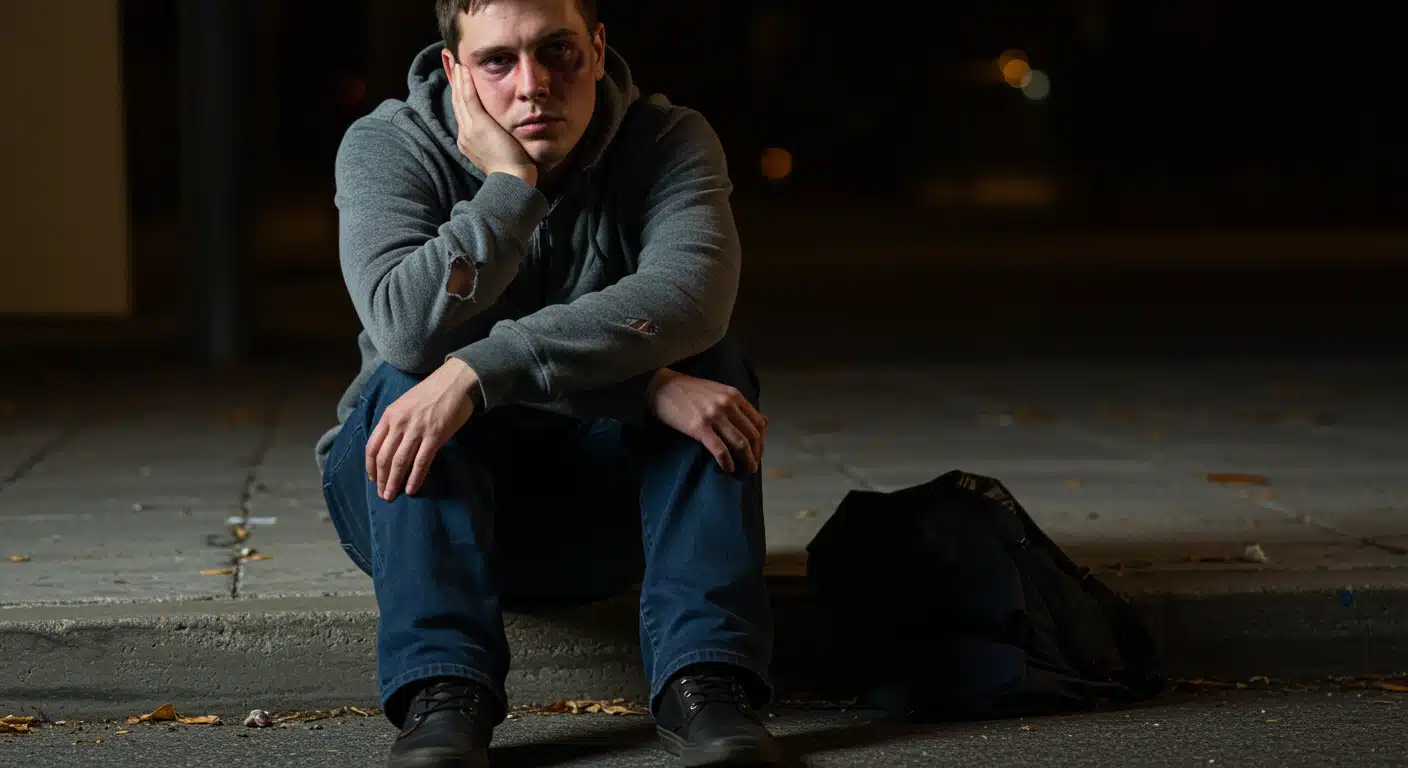Living with abuse is a terrifying and isolating experience. For immigrants in the Dallas-Fort Worth area, that fear is often magnified by the belief that their abuser holds the key to their immigration status. Many victims feel trapped, thinking that leaving the relationship means they will be deported and forced to abandon the life they have built in Texas.
The Violence Against Women Act (VAWA) was created to break this cycle of control. It offers a powerful and confidential pathway for victims of battery or extreme cruelty to secure a Green Card on their own, without the abuser’s knowledge, participation, or consent. This guide explains how VAWA works and what resources are available in the DFW area to help you find safety and independence.
What is a VAWA Self-Petition?
VAWA allows certain relatives of U.S. citizens (USC) and Lawful Permanent Residents (LPRs) to “self-petition” for lawful status. This means you, the victim, can file for a Green Card without your abusive family member’s involvement. The entire process is confidential; U.S. Citizenship and Immigration Services (USCIS) is prohibited from notifying the abuser about your case.
This protection is a lifeline. It removes the threat of deportation as a tool of control and empowers victims to seek safety for themselves and their children.
Who is Eligible for a VAWA Self-Petition?
VAWA protections are not limited to women; they are available to any qualifying individual regardless of gender. To be eligible, you must be a victim of battery or extreme cruelty and fall into one of the following categories:
Abused Spouse
You can self-petition if you are, or were, the spouse of an abusive U.S. citizen or LPR.
- You must prove you entered the marriage in “good faith” (not just for immigration benefits).
- You can file while still married, after the marriage ends through divorce (if filed within two years of the divorce), or after the abuser’s death.
Abused Child
You can self-petition if you are the unmarried child (under 21) of an abusive U.S. citizen or LPR parent.
- The abuse can be directed at you or another family member in the household.
- If you are over 21 but under 25, you may still be eligible if you can show the delay in filing was connected to the abuse.
Abused Parent
You can self-petition if you are the parent of a U.S. citizen son or daughter who is at least 21 years old and has abused you.
- This is a less common but equally important provision for elderly or dependent parents who are mistreated by their adult U.S. citizen children.
In all cases, you must demonstrate that you have resided with the abuser and are a person of “good moral character.”
The Application Process: Finding Safety and Status
The VAWA process is designed with the victim’s safety as the top priority. It allows you to gain immigration status independently while seeking protection from your abuser.
Step 1: File Form I-360, Petition for Amerasian, Widow(er), or Special Immigrant
This is the core of your VAWA case. Form I-360 is your self-petition, where you establish your eligibility. You will need to submit comprehensive evidence to prove:
- The Abuser’s Status: Proof that your family member is a U.S. citizen or LPR.
- The Relationship: Your marriage certificate (for spouses), your birth certificate (for children), or your child’s birth certificate (for parents).
- Good Faith Marriage (for spouses): Evidence that your marriage was genuine, such as photos, joint leases, or affidavits from friends.
- Joint Residence: Proof you lived with the abuser, like mail addressed to both of you at the same address.
- The Abuse: This is the most critical and sensitive part. Evidence can include police reports, restraining orders, medical records, photos of injuries, or a detailed personal declaration describing the physical or emotional cruelty you suffered.
- Good Moral Character: A self-statement and, in some cases, police clearance records.
Step 2: Prima Facie Determination & Work Authorization
After you file Form I-360, USCIS will review your case. If it appears you have a legitimate claim, they will issue a “Prima Facie Determination Notice.” While this is not a final approval, it is a crucial document that can help you access certain public benefits.
If your I-360 is approved, you will be granted “deferred action,” which protects you from deportation, and you become eligible to apply for a work permit (Employment Authorization Document).
Step 3: Applying for the Green Card (Form I-485)
Once your I-360 petition is approved, you can file Form I-485, Application to Register Permanent Residence or Adjust Status. For immediate relatives of U.S. citizens (spouses, parents, unmarried children under 21), you can often file the I-360 and I-485 at the same time. For relatives of LPRs, you may need to wait for a visa to become available, but your deferred action status protects you in the meantime.
Confidential DFW Resources for Victims
You do not have to go through this alone. The Dallas-Fort Worth Metroplex has numerous organizations dedicated to helping victims of domestic violence.
Domestic Violence Shelters and Support
These organizations provide immediate safety, counseling, and legal advocacy.
- The Family Place: Dallas’s largest domestic violence service provider, offering emergency shelter, legal aid, and counseling.
- Genesis Women’s Shelter & Support: Provides shelter, safety planning, and legal services to women and children in Dallas.
- SafeHaven of Tarrant County: The primary resource for domestic violence victims in Fort Worth and Arlington, offering shelters and comprehensive support services.
Immigration Legal Aid
- Catholic Charities Dallas: Their immigration legal services team has experience with VAWA cases and serves low-income families.
- Human Rights Initiative of North Texas: Provides free legal services to immigrant survivors of human rights abuses, including domestic violence.
- Mosaic Family Services: Offers legal representation and social services in multiple languages for immigrant and refugee victims of abuse.
Navigating a Green Card through Family: VAWA Self-Petitioner – Victim of Battery or Extreme Cruelty case is legally and emotionally demanding. The support of a qualified legal professional is invaluable.
Why You Must Seek Professional Legal Guidance
VAWA cases are among the most complex in immigration law. You are building a case against an abuser without their participation, relying entirely on documentary evidence and your own testimony. An error can lead to a denial, putting your safety at risk.
An experienced immigration attorney who specializes in VAWA can:
- Confidentiality advise you on your eligibility and options.
- Help you safely gather the evidence needed to build a strong case.
- Craft a compelling personal declaration that meets USCIS standards.
- Protect you from common mistakes and advocate on your behalf.
- Connect you with local DFW support services for your safety and well-being.
Conclusion
Your immigration status should never be a weapon used against you. The Violence Against Women Act provides a safe and confidential way to escape abuse and build an independent future in the United States. By understanding your rights and using the resources available in the Dallas-Fort Worth area, you can take the first step toward securing both your safety and your Green Card.
If you are in an abusive situation, your first priority is your safety. Contact a local domestic violence shelter. When you are ready to explore your legal options, reach out to an experienced immigration attorney who can guide you through the VAWA process with compassion and expertise.






